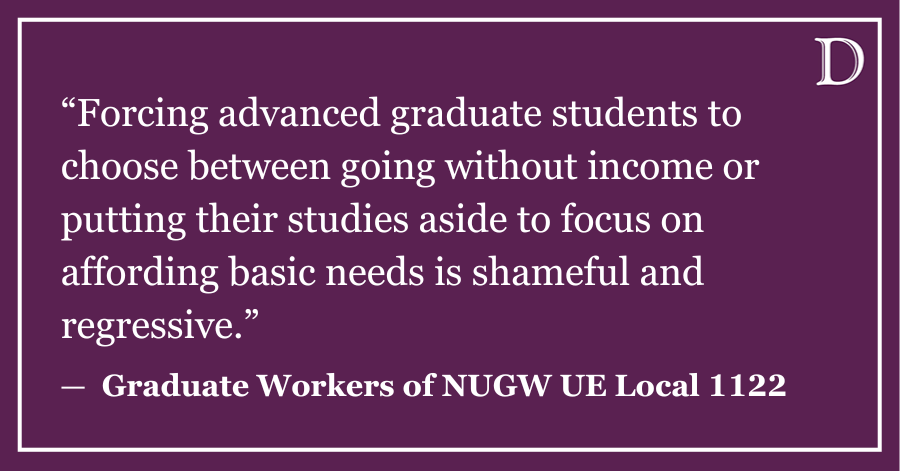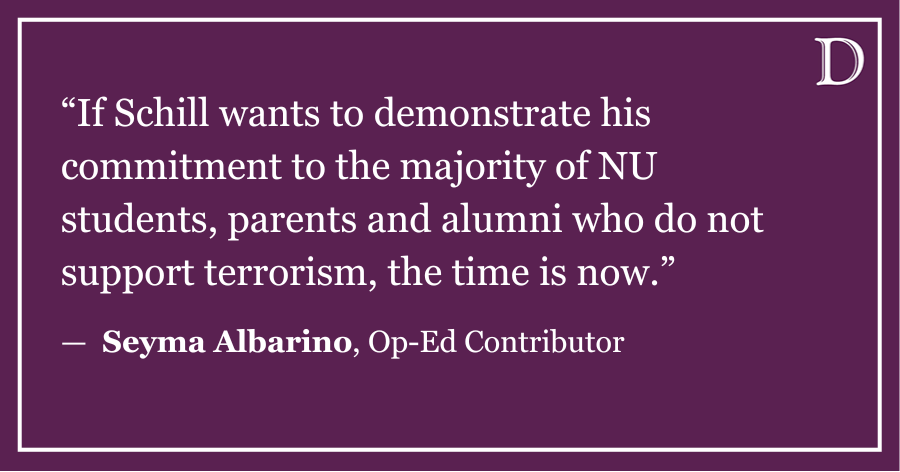Although most Americans may think of illegal immigration as a one-directional flow into the United States from Latin America, there are other nations in the region significantly affected by undocumented visitors. Chile has a large population of impoverished workers illegally living in its northern desert region, along with a fair share of dilemmas as a result. The Chilean situation, in fact, bears striking resemblance to that of the U.S. In recent years, poor migrants from nearby countries (most notably Peru and Bolivia) have flooded across the border both legally and illegally to find work. Chile’s economy, especially in comparison to those of Peru and Bolivia, is strong and growing rapidly. Most of this migration ends up fueling Chile’s large mining sector, which dominates the economy of the northern desert region. Undocumented immigrants are often employed in blue-collar work and illegally paid under the country’s minimum wage, leading to anger from Chileans who lose their own jobs as a result. Another problem linked to the foreigners is the drug trade. Strict checkpoints line the entrance from northern Chile to the rest of the country, largely due to the recent flood of illegal substances brought with the migrants.
Immigrants often send money across the border to their families and frequently work for several years before returning to their home countries. Nevertheless, the existence of the large foreign population and the resentment it causes among the citizenry has been known to degenerate into severe racism. As is usually the case in America, the embittered native population is, generally speaking, significantly whiter than its immigrant counterparts. On numerous levels, northern Chile is faced with similar issues as the southwestern United States, and the future development of resolutions in each of the regions will be worth comparing.
Sam Houskeeper is a Weinberg sophomore and a Global Paradigm Fellow based in Chile. The Global Paradigm Project is intended to link students across the world in a substantive discussion of politics and policy. Visit politicsandpolicy.org/category/dispatches to read more posts from our Global Paradigm Fellows.










